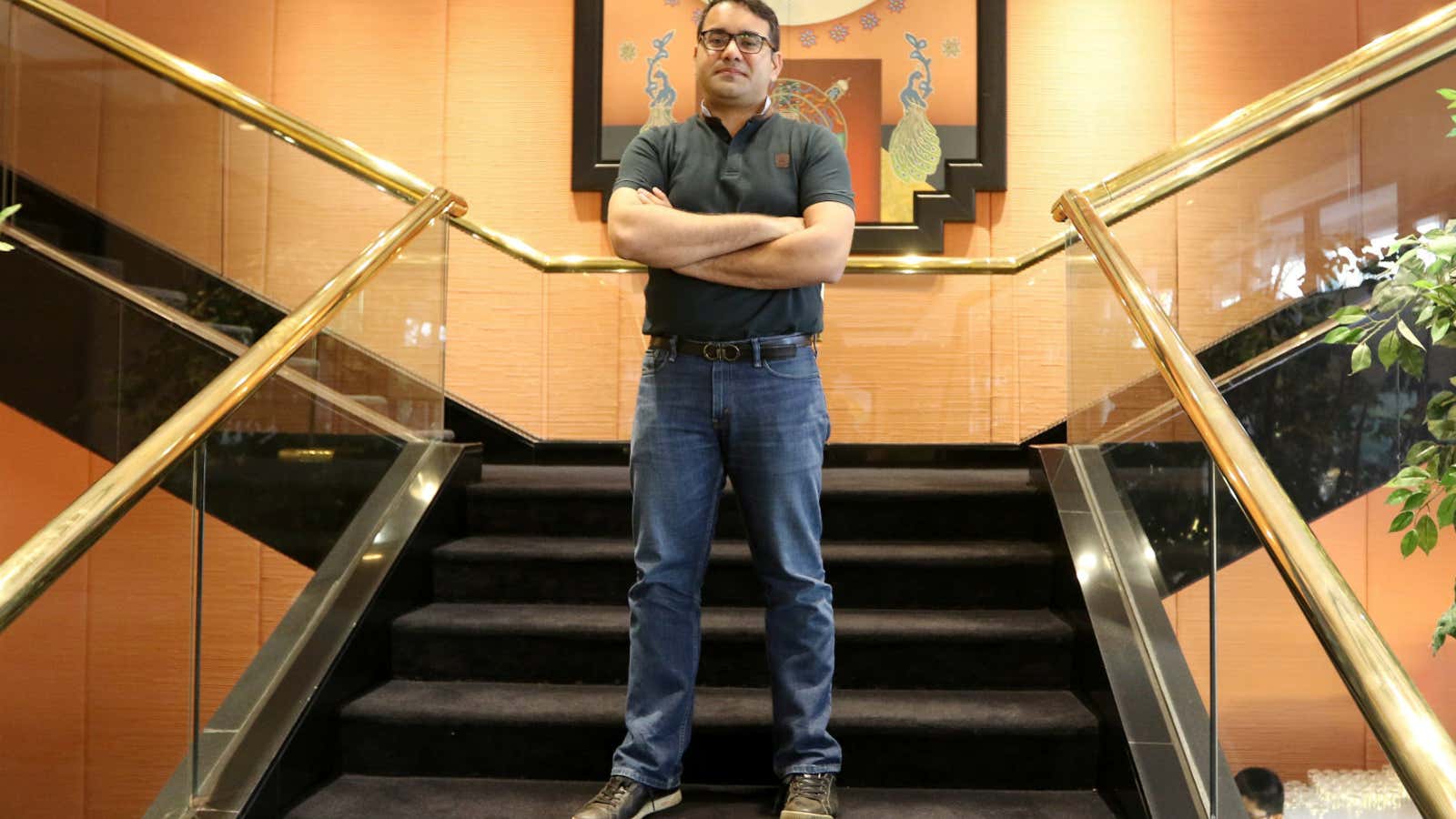What happens when a startup sells for less than the total funds it raised? Who loses in the end? Is the answer (a) the employees who own stock options in the company, (b) the founders, or (c) the investors?
This is the question effectively being answered behind closed doors by Snapdeal’s board of directors. The challenge at the company, which has an acquisition offer from Flipkart at a rumoured valuation of $950 million, is that it raised close to $1.7 billion over its lifetime. In the end, the financial value it created was less than the money poured into it. So, someone has to take a haircut. And this haircut costs nearly $750 million.
Ring-a ring-a losses, and they all fall down
Private companies have many shareholders—employees, advisors, founders, and investors—who usually see eye-to-eye when things are going well. As long as the company is growing, any acquisition that values the company higher than its previous valuation usually leaves all shareholders happy. Everyone shares the proceeds. But when things don’t work out, as in Snapdeal’s case, it becomes clear that not all shareholders have the same incentives to support the buyout.
The employees and advisors who have earned their equity through sweat are unfortunately the lowest in this chain and will leave with nothing from such a scenario. The founders are next, and they too will take away little. Often, founders sell some of their personal equity to investors so they can reduce their risks to some extent. Snapdeal’s founders have done the same in the past and generated handsome returns. Nonetheless, the bulk of the founders’ net worth usually remains in the startup and an exit, like Snapdeal’s sale to Flipkart, does not leave them with much.
This leaves us with investors. Some, like Bessemer and Saama Capital, sold a good chunk of their stake in Snapdeal to later investors like the Ontario Teacher’s Pension Plan (OTPP) and Softbank. They will be glad they did.
Sometimes, the key to generating returns as a startup investor is to pass the parcel at the right time. Those in trouble are the ones left holding the parcel when the music stops, as it just did for Snapdeal. Even among them, there is a pecking order. Usually, investors have a last-in, first-out preference order. Softbank was not only a late investor but also a big investor in Snapdeal. So it will get a high share of the proceeds. But having invested close to $750 million, it will ultimately make a giant loss. OTPP, which made the strange decision to lead the $200M in Snapdeal in early 2016 when the ominous clouds were already gathering, will likely pull out some money as well, but, again, at a net loss. Among investors, the worst-hit will be those who got in early and still own sizeable chunks. These include Nexus and Kalaari Capital.
So, as you see, I started off with a trick question. The right answer is (d) All of the above.
All shareholders still holding on to Snapdeal lose in the end. But they lose in different ways and have varying incentives to vote for the sale. Among shareholders who can vote on this transaction, Softbank is the most incentivized to push the deal through. They not only get the largest share of proceeds, they are also hoping to buy a stake in Flipkart. But Softbank may need to sweeten the deal for early investors like Nexus and Kalaari for the transaction to close. If not, in seeking to take the lion’s share of the proceeds, Softbank might jeopardize the deal itself.
If the Snapdeal sale to Flipkart goes through, it will be the end of a major saga in India’s e-commerce story. But it will also mark the beginning of a new one starring just Flipkart and Amazon.
We welcome your comments at ideas.india@qz.com.
